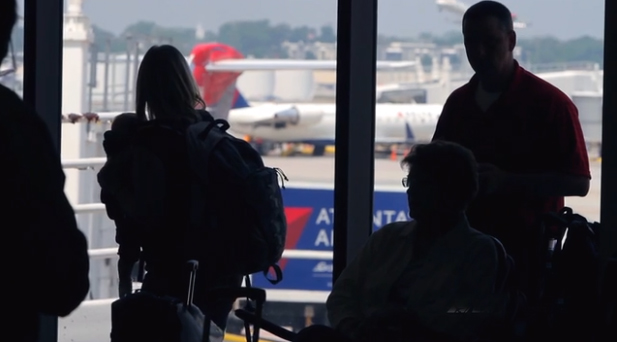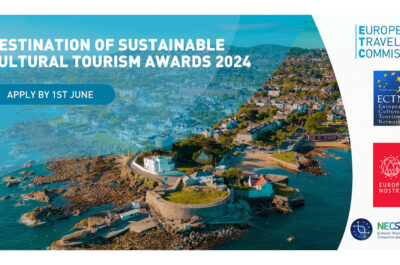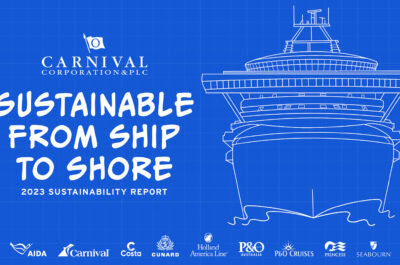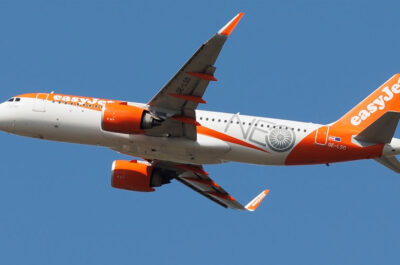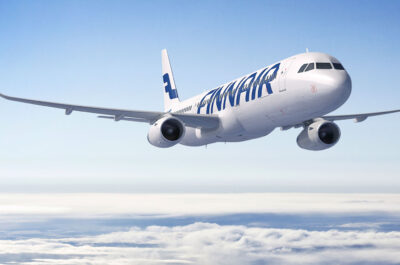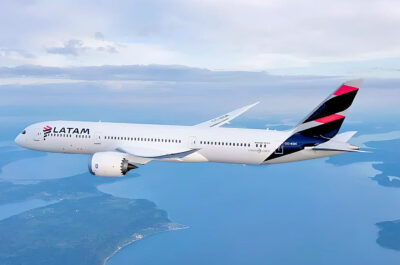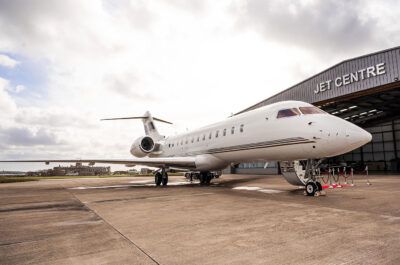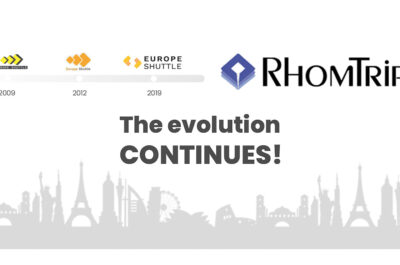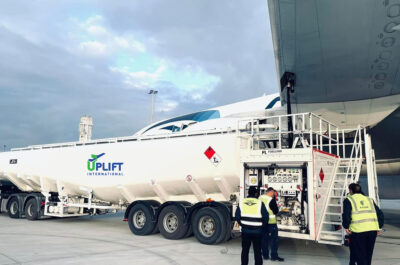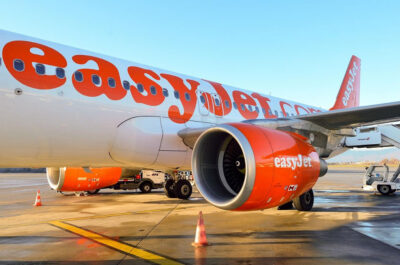All reporting European destinations record declines in arrivals between 51%-85%, 1 in 3 declining between 70%-79%. 92% of business travellers expect their company to experience negative outcomes due to travel restrictions.
BRUSSELS – As the COVID-19 pandemic enters its second year, its widespread impact continues to weigh heavily on European destinations and the wider tourism economy. The most recent edition of the ‘European Tourism Trends & Prospects’ quarterly report from the European Travel Commission (ETC) continues to monitor the COVID-19 impact on the sector and examines how travel activity is set to return in 2021 amid the current wave of infections and the slow start of vaccination programmes.
Illustrating the devastating demise of tourism in 2020, international tourist arrivals to Europe dropped 70%[1] in 2020 compared to 2019. Despite distribution challenges which have plagued the EU in recent weeks, the roll-out of vaccines across Europe and improved testing and tracing regimes provide some hope for the relaxation of travel restrictions in 2021. Nevertheless, the return to typical international travel demand patterns will be gradual with 2019 levels predicted to return by 2023.
ETC Executive Director Eduardo Santander, speaking following the publication of the report said: “We believe that the slow restart of travel can be expected in the spring across Europe with a gradual return to “new normality” through summer and autumn 2021. A return to travel will, however, happen with new consumer habits, calling for strong adaptation and agile responses from the tourism sector. Ensuring safe travel opportunities should become a priority for destinations as potential travellers are likely to travel more slowly, closer to home and to lesser-known destinations”.
Annus horribilis for European tourism
All reporting European destinations experienced record falls in arrivals between 51% and 85% in 2020, with 1 in 3 destinations posting declines ranging from 70% to 79%. When digging deeper into the countries which rely heavily on international markets, the results are even more stark, with Montenegro recording a decline of 85%, Cyprus at 84% and Romania at 83%. In Spain, where tourism accounts for a significant 12% of the country’s GDP, the loss of arrivals from its key markets (UK, Germany, France, the Netherlands, and Italy) has seen the country record a 77% decline in international tourist arrivals.
On the other end of the spectrum, Austria (-53%) recorded one of the smallest falls in arrivals where a greater reliance on short-haul trips allowed the country to benefit from some travel in 2020. However, the spike in infection rates in recent weeks has led to Austria introducing a tourism blanket ban at the beginning of 2021.
Pandemic effect has wreaked havoc on industry performance
The hospitality industry has been one of the hardest-hit sectors, with a plunge in demand causing many hotels to remain closed throughout most of 2020, recording a 54% decline in occupancy levels. A quicker easing of restrictions for domestic travel and a stronger demand from residents to travel locally provided some support to those hotels that remained open; however, a second wave of the coronavirus outbreak placed a halt to the travel rebound.
As for the airline industry, hopes of a mild recovery into 2021 were dashed with the re-introduction of Europe-wide lockdowns as a result of the upsurge in cases over winter 2020. IATA’s latest international forecast predicts that Europe will be the most affected region in 2021 in terms of airline losses, with a decline in $11.9 billion projected[2]. Year-to-date data shows drops to a record low in European Air Passenger Traffic (-69.3%).
Business travel in a post-pandemic Europe
The pandemic has provided an opportunity to re-evaluate working practices and the management of business relationships, and business travel in particular. This has resulted in calls on businesses to be more conscious of the environmental impact of their travel, prompting questions as to whether business travel will ever return to pre-pandemic levels.
The report indicates that predictions regarding the collapse of business-related travel are unlikely to materialise, as in-person meetings will remain a key tenet of business relationships. Research commissioned by SAP Concur[3] in mid-2020 highlighted the importance of face-to-face contact, with 92% of business travellers expecting their company to experience negative outcomes due to COVID-19 travel restrictions, including a reduced number of deals or contracts signed and declines in new business wins. The return of international business travel to pre-coronavirus levels is expected by 2024, with domestic business travel recovering faster by 2023.
1 UN World Tourism Organisation (UNWTO)
2 https://www.iata.org/en/pressroom/pr/2020-12-10-01/
3 SAP Global Impact Survey
Vicky is the co-founder of TravelDailyNews Media Network where she is the Editor-in Chief. She is also responsible for the daily operation and the financial policy. She holds a Bachelor's degree in Tourism Business Administration from the Technical University of Athens and a Master in Business Administration (MBA) from the University of Wales.
She has many years of both academic and industrial experience within the travel industry. She has written/edited numerous articles in various tourism magazines.












